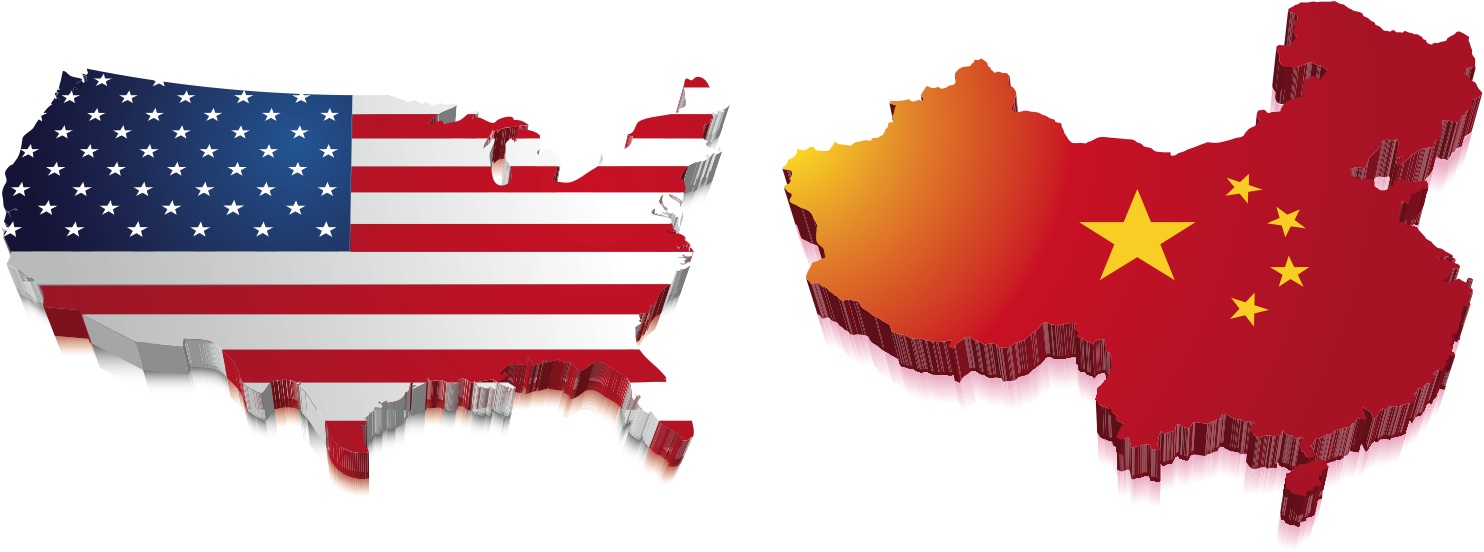
Iceland has not had much good publicity in the past two years, and it doesn’t look like that will change any time soon.
Back in 2008, Iceland’s government and economy essentially collapsed, leaving the country’s 304,000 residents in despair after what is now called the largest banking collapse in economic history.
Now into 2010, the country is still reeling from the financial crisis that severely weakened the value of its currency, caused a 90% drop in capitalization of its stock exchange and decreased its GDP by 5.5% in the first six months of 2009.
But Iceland’s residents were not the only ones hurting.
The millions of foreign depositors who had chosen the country’s banks as a safe-haven for their savings were faced with the grim reality that every penny that had deposited there was now frozen. Though Britain and the Netherlands stepped in to refund the savers, Iceland is still in debt to those two countries.
And today, news reports claim that the country’s president, Olafur Ragnar Grimsson, refused to sign a bill to repay a $5 billion debt to Britain and the Netherlands.
The Icelandic banks and their online subsidiaries with their high interest rates had attracted many savers from Britain and the Netherlands. When the banks collapsed 15 months ago, the British and Dutch governments stepped in to refund their savers who lost money. Britain and the Netherlands then negotiated a deal with the Icelandic government to be reimbursed for the money they paid out, and that bill was passed by the Icelandic parliament. Last week, though, President Olafur Ragnar Grimsson refused to sign the bill.
Grimsson references the Icelandic Constitution, stating that a referendum must now happen since he has received a petition signed by a quarter of the country’s population, which urged the president to renegotiate the terms of the repayment.
The loan carries a 5.5% interest rate and some feel that the if Iceland were to repay with the current terms, it could potentially cause a national bankruptcy.
Steingrimur Sigfusson, Iceland’s finance minister, understands that the issue is extremely unpopular among residents, but that in order to move forward and continue with economic restoration, the country must meet its obligations.
Whether a referendum happens or not, Sigfusson says, there is something deeper going on in Iceland–a moving away from what he calls the culture of neo-liberal greed and a returning home to its Nordic roots.
Whether or not Iceland will be able to dig itself out of this financial, political and economic conundrum and return to its Nordic roots will remain to be seen. Taking into account the country’s recent track record and its diminutive size in both population and world power, the odds are against it.

